Are you looking to improve your nutritional habits but unsure where to start? In this article, we'll explore practical advice tailored just for you, emphasizing the importance of balanced meals and mindful eating. Whether you're managing a specific health condition or simply want to feel better overall, these tips can transform your approach to food. So, stick around to discover how small changes can lead to big results!

Personalized dietary recommendations
Personalized dietary recommendations can significantly enhance the health outcomes for patients with specific needs, such as those managing diabetes or heart disease. A balanced diet rich in fruits, vegetables, whole grains, and lean proteins is essential for maintaining optimal health. For instance, incorporating foods like leafy greens (such as spinach or kale), nuts (like almonds or walnuts), and whole grains (such as quinoa or brown rice) can provide vital nutrients while managing blood sugar levels. It is advisable to limit processed sugars and trans fats, which are often found in fast food and packaged snacks. Hydration is equally important; patients should aim to consume at least 2 liters of water daily to support metabolic functions. Tailored meal plans should consider individual preferences, cultural backgrounds, and any food allergies or intolerances, ensuring both adherence and enjoyment in the dietary regimen.
Portion size guidelines
Portion size guidelines help individuals manage their dietary intake effectively. For example, vegetables such as broccoli or spinach should ideally fill half of a standard dinner plate (approximately 2 cups). Proteins, like chicken breast or tofu, should account for one quarter of the plate (around 3 to 4 ounces). Whole grains, including brown rice or quinoa, should occupy the remaining quarter (about 1 cup). Snacks should be mindful, with options like nuts limited to a small handful (approximately 1 ounce) to prevent excessive caloric intake. Staying aware of serving sizes, particularly for high-calorie items such as dressings or sauces, can further assist in maintaining a balanced diet.
Meal timing and frequency
Meal timing and frequency plays a crucial role in effective nutrition management for patients, particularly those with chronic conditions. Regular meal intervals, ideally every 3-5 hours, help maintain steady blood sugar levels, which is essential for individuals with diabetes. For example, consuming breakfast by 8 AM, followed by snacks at 10 AM and 2 PM, and lunch at noon can prevent energy crashes. Studies suggest that eating smaller, more frequent meals may enhance metabolism and reduce hunger, improving adherence to dietary plans. Timing also influences hormonal responses; for instance, the release of insulin is optimized when meals are spaced consistently throughout the day. Patients are encouraged to control meal timing to align with their daily activity levels, ensuring energy availability during peak times, such as pre-exercise or during long work shifts.
Hydration advice
Proper hydration is essential for maintaining overall health and optimal physiological function. Adults should aim for a daily fluid intake of approximately 3.7 liters for men and 2.7 liters for women, including all beverages and water-rich foods. Adequate hydration supports vital bodily functions such as temperature regulation, nutrient transport, and waste elimination. For individuals engaging in physical activities, especially in hot environments, fluid loss can increase significantly, necessitating higher intake to prevent dehydration, characterized by symptoms like fatigue, dizziness, and dry mouth. In hot climates, drinking at least 500 milliliters of water per hour during intense exercise is advisable. Incorporating electrolyte-rich beverages can also benefit active individuals who lose essential minerals through sweat. Aim to consume fluids consistently throughout the day rather than relying solely on thirst cues.
Recommended supplements or vitamins
Patients looking to enhance their overall health might consider incorporating specific supplements or vitamins into their daily regimen. Vitamin D, crucial for bone health, is often recommended at a daily dosage of 600 to 800 IU, particularly for individuals with limited sun exposure, especially in northern latitudes during winter months. Omega-3 fatty acids, typically derived from fish oil, can support cardiovascular health; a common dosage is 1000 mg per day. Probiotics, beneficial for gut health, often range from 5 to 10 billion CFUs (colony-forming units) daily, aiding digestion and overall well-being. Multivitamins can provide a broad spectrum of essential nutrients; however, the dosage varies by product. Iron supplements might be suggested for individuals with deficiencies, especially among menstruating women, with a standard recommendation around 18 mg daily. Always consult with a healthcare provider before initiating any supplementation, ensuring personalized advice tailored to individual health needs.

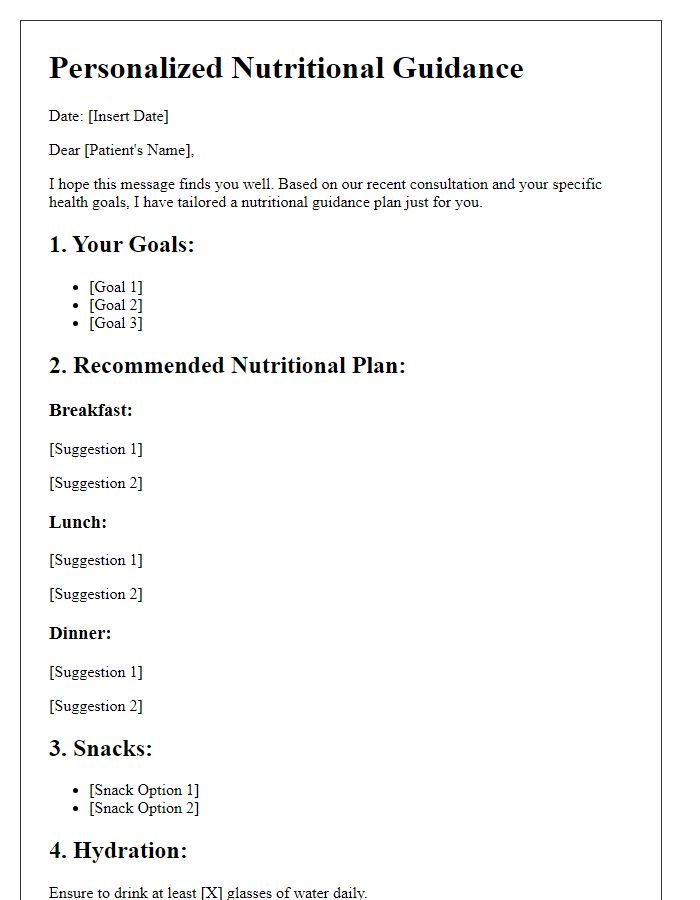

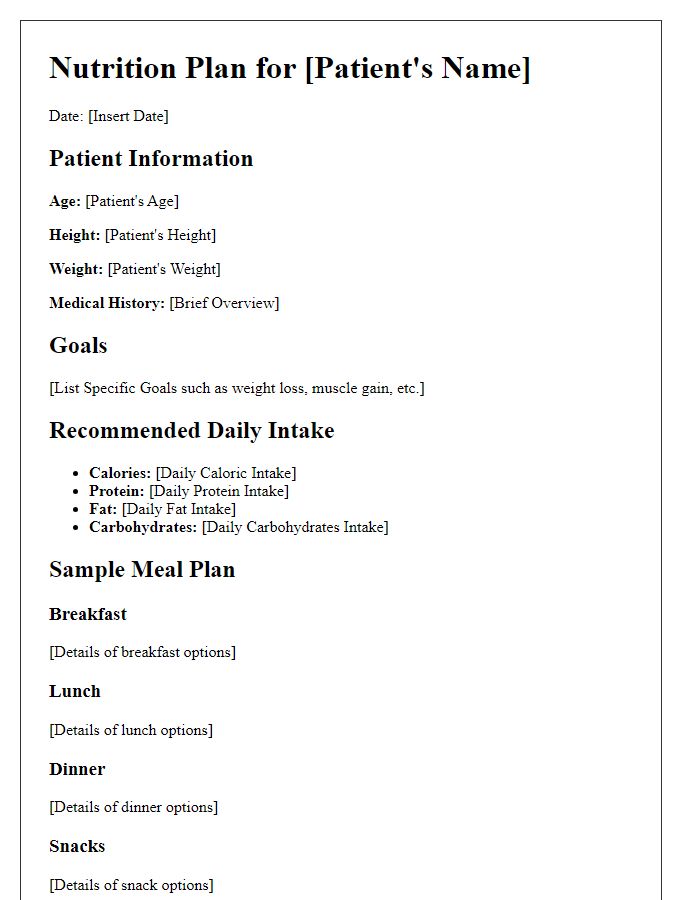
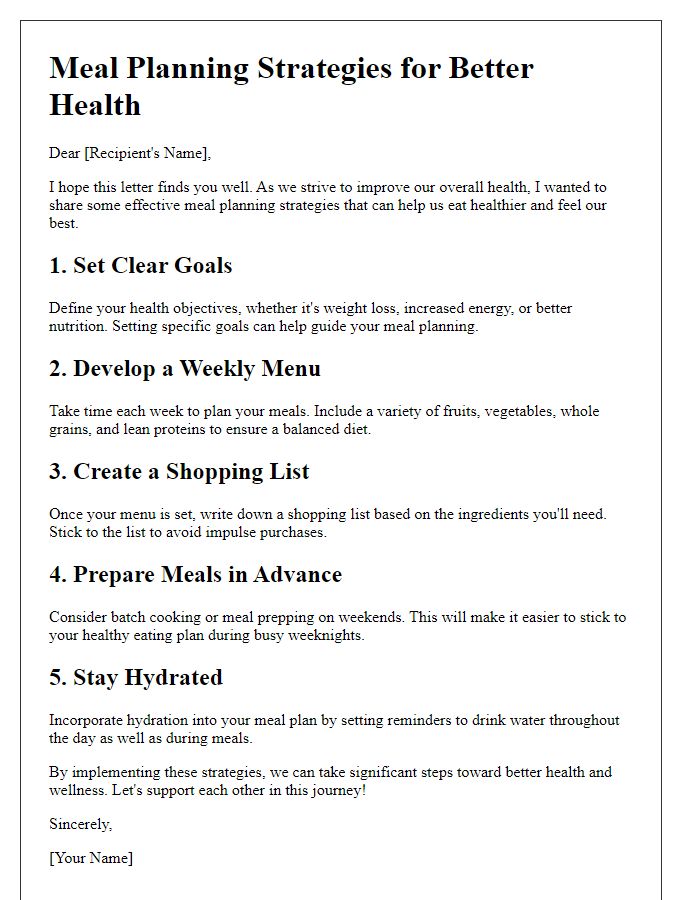
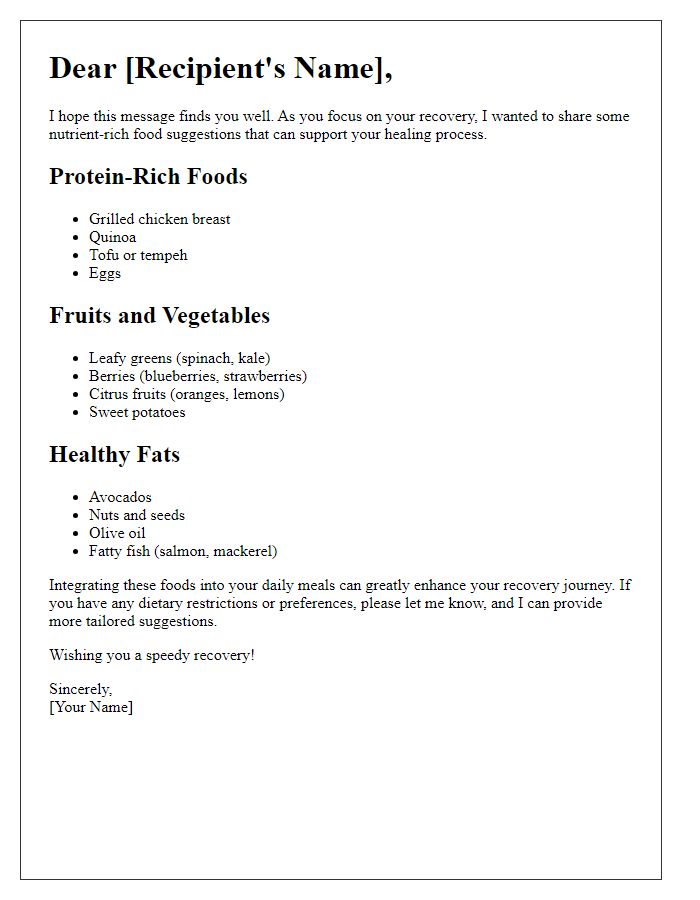
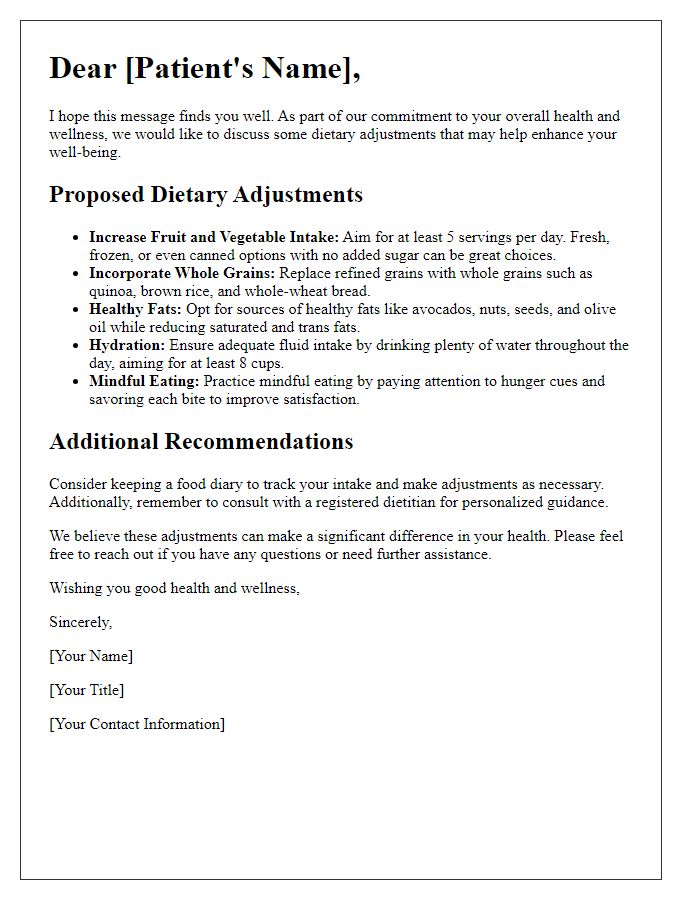
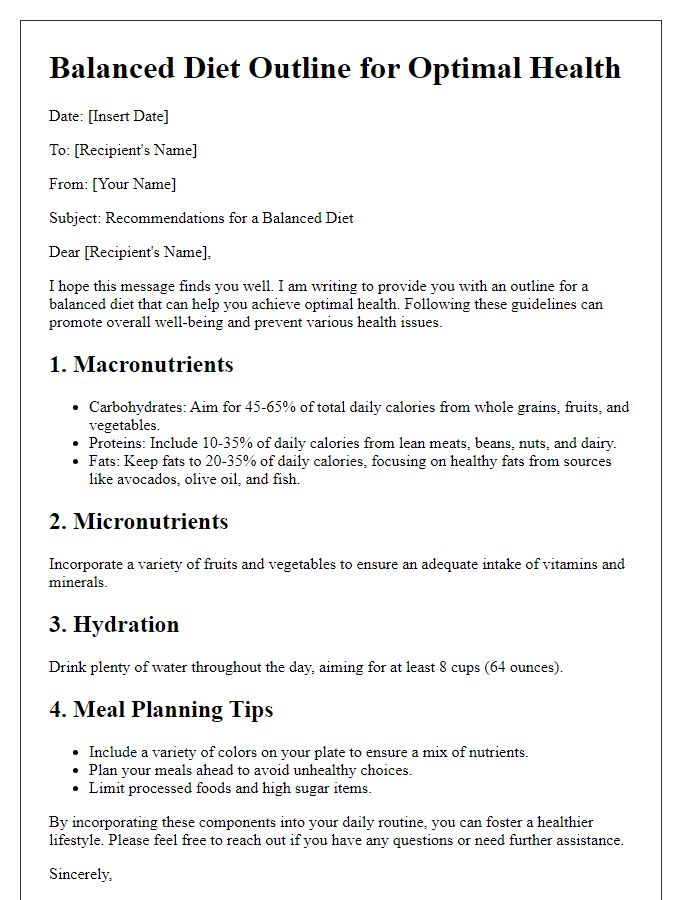
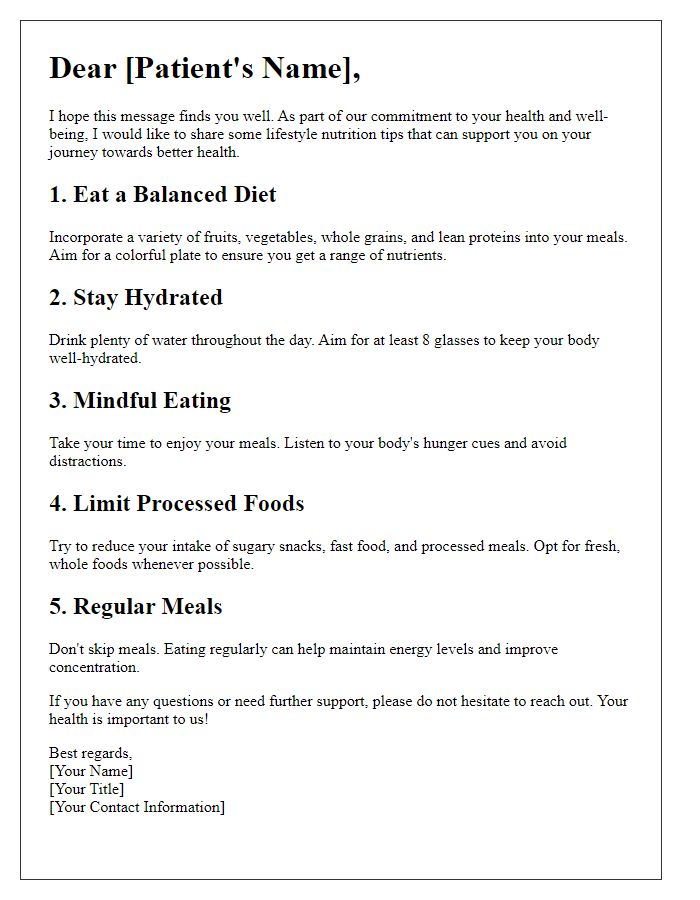
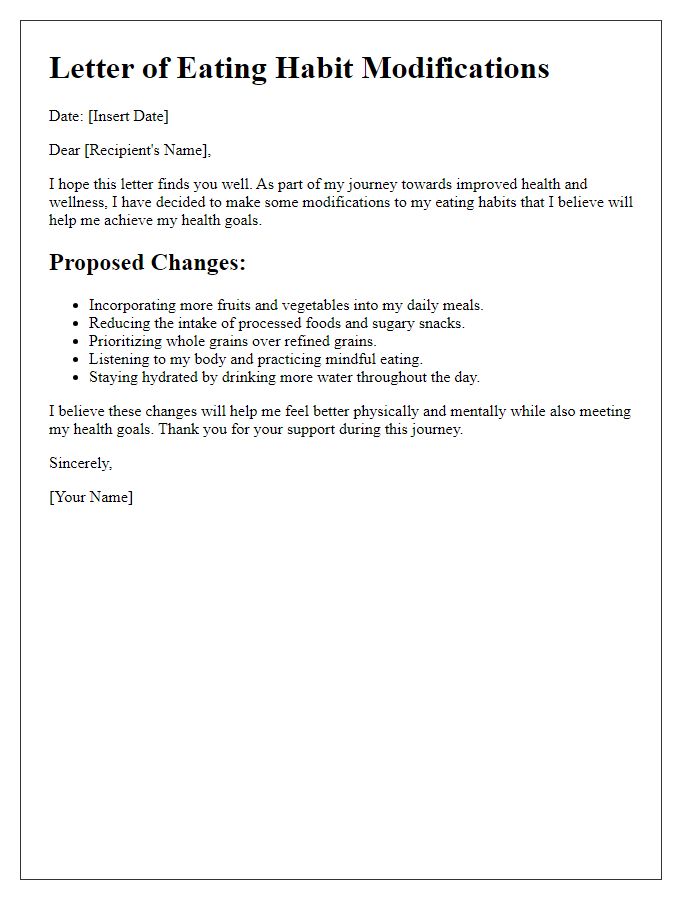
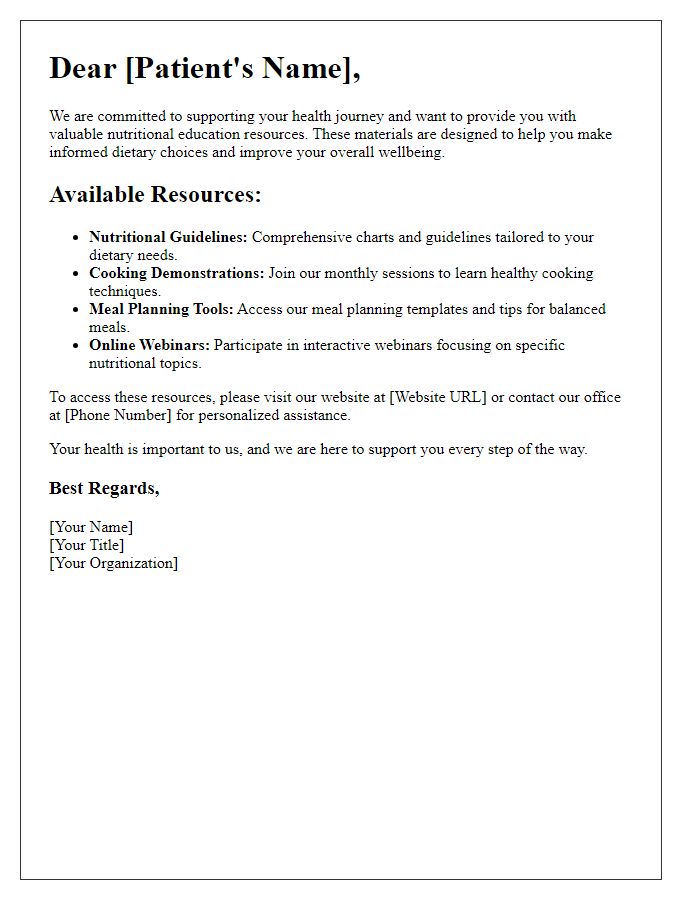


Comments